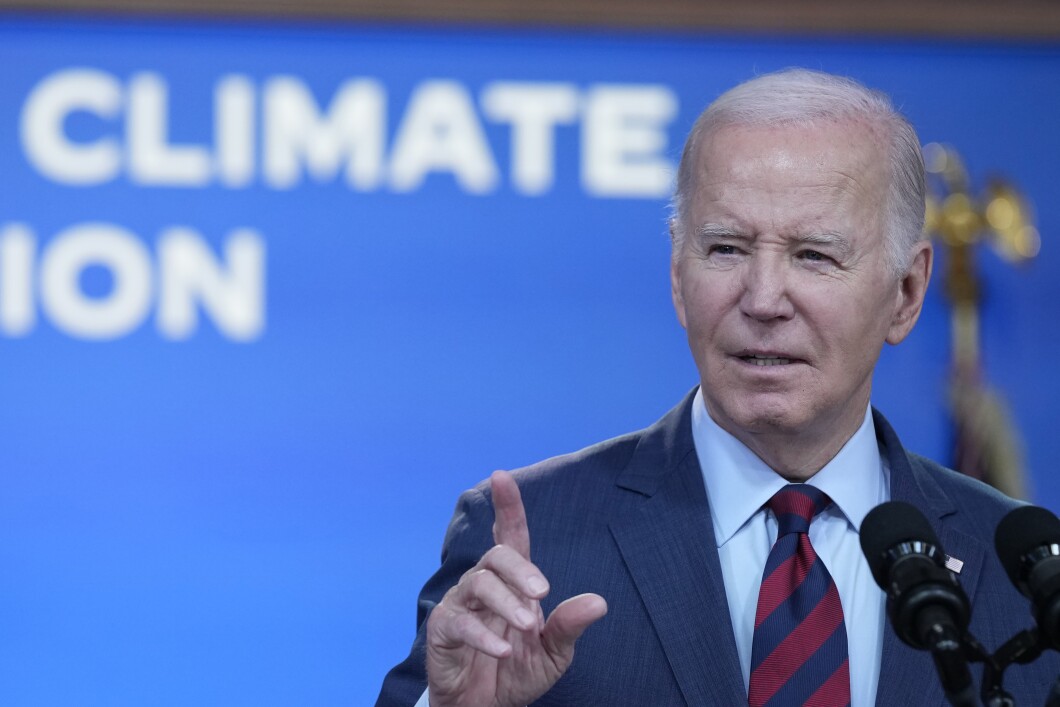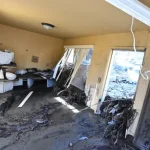
The Biden administration gave out $600 million for “environmental justice projects.”
The Environmental Protection Agency announced the distribution of the money in the form of grants to 11 different groups as part of the agency’s Environmental Justice Thriving Communities Grantmaking program. Vice President Kamala Harris hailed it as putting “equity at the center of our nation’s largest investment in climate history.”
“Every person has a right to drink clean water, breathe clean air, and live in a community that is healthy and safe,” she said.
“For too long, however, low-income communities, immigrant communities, Native communities, and communities of color have endured disproportionate levels of air, water, and soil pollution. That is why President Joe Biden and I have put equity at the center of our nation’s largest investment in climate in history. Today’s announcement puts that commitment into action by ensuring critical resources to fund environmental justice projects across the country reach the organizations that know their communities best,” she added.

EPA Administrator Michael Regan echoed her sentiment.
“For years, community advocates have been calling for federal support and resources to help address our country’s most pressing environmental justice concerns,” he said.
“Thanks to President Biden and Vice President Harris’ leadership, we’re responding to these calls by removing barriers that have traditionally held communities and applicants back from accessing these historic investments in America. Together, in partnership with these Grantmakers, we are taking a giant step toward a future where every person in America has equal opportunity to breathe clean air, drink clean water, and live a healthy, productive life,” he added.
CLICK HERE TO READ MORE FROM THE WASHINGTON EXAMINER
The grants are being given to groups that cover each of the EPA’s 10 regions, and the groups will then be expected to give out subgrants. Competitions for the subgrants are expected to begin in the summer of 2024.
The grantmakers consist largely of colleges and community-focused nongovernmental organizations.





